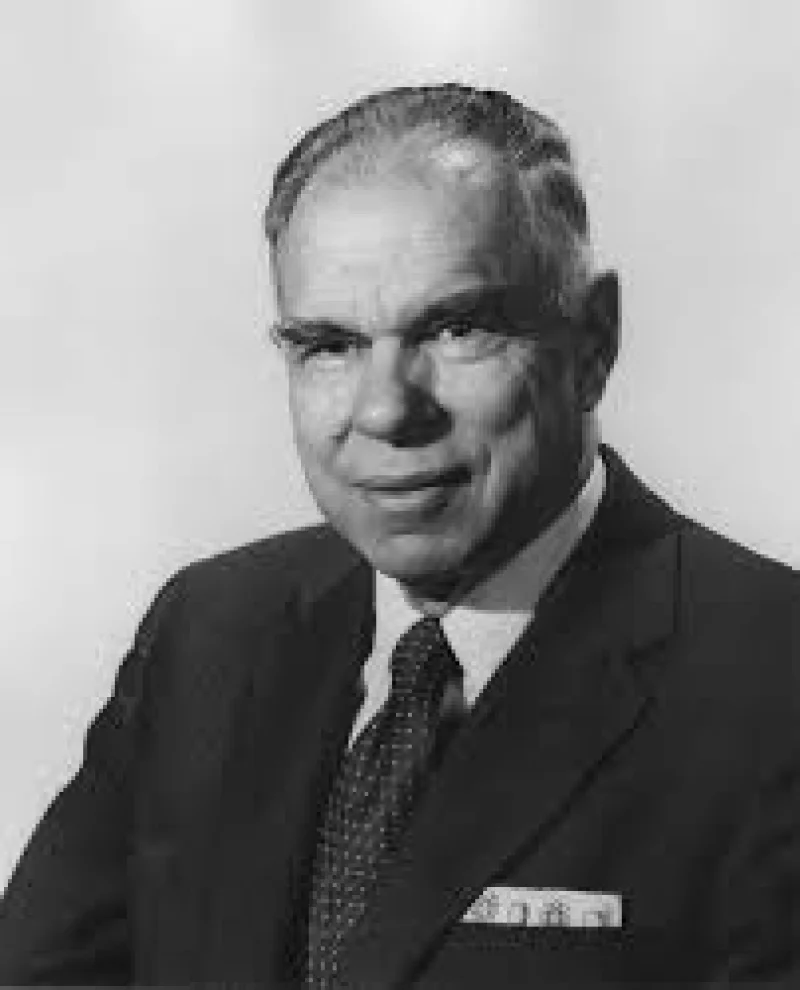Short Summary
Norbert A. Rillieux was an innovative engineer and inventor best known for revolutionizing the sugar refining industry. His development of the multiple-effect evaporator greatly improved the efficiency and safety of sugar production. This invention had a profound impact on the industry, significantly reducing costs and labor. Rillieux's work is celebrated for its contribution to industrial processes and the advancement of engineering.
Early Life & Education
Born in New Orleans, Louisiana, on March 17, 1806, Norbert Rillieux was the son of Vincent Rillieux, a wealthy white engineer, and Constance Vivant, a free woman of color. From a young age, he exhibited a keen interest in engineering, likely inspired by his father's work. He was sent to Paris for his education, where he attended L'École Centrale, a prestigious engineering school. There, he studied physics and engineering, equipping him with the skills and knowledge that would later fuel his groundbreaking innovations.
Career Highlights
Upon completing his education, Rillieux returned to the United States and began working in the sugar industry. His critical breakthrough came with the invention of the multiple-effect evaporator, which he patented in 1843. This device significantly improved the sugar refining process by reducing the need for manual labor and enhancing safety. It allowed for the evaporation of water from sugar cane juice using less fuel, which in turn lowered production costs. Rillieux's invention was adopted widely, transforming sugar manufacturing in the United States and abroad.
Major Achievements
- Created the multiple-effect evaporator, which revolutionized sugar processing by increasing efficiency and safety.
- Received a patent for his invention in 1843, marking a significant advancement in evaporation technology.
- Contributed to the fields of chemical engineering and thermodynamics through practical application of theoretical principles.
Famous Quotes
- "The application of scientific principles can lead to remarkable improvements in industrial processes."
- "Innovation should be driven by necessity and a desire to improve the human condition."
Interesting Facts
- Rillieux's invention helped reduce the incidence of deadly accidents in sugar factories, which were common due to the use of open kettles.
- His work laid the groundwork for further advancements in chemical engineering and industrial processes.
- Despite his significant contributions, Rillieux faced racial discrimination, which limited the recognition he received during his lifetime.
- He was also involved in researching and developing techniques for the refining of other substances beyond sugar.
Legacy / Influence
Rillieux's contributions to the sugar industry had a lasting impact, setting new standards for efficiency and safety. His multiple-effect evaporator is considered a foundational development in chemical engineering, influencing subsequent innovations in industrial processing. His work exemplifies the power of engineering to transform entire industries, and he is remembered as a pioneer who overcame significant social barriers to achieve scientific progress.
FAQ
Q: Why is Norbert A. Rillieux famous?
A: He is famous for inventing the multiple-effect evaporator, which revolutionized the sugar refining industry.
Q: What was the impact of his invention?
A: It improved efficiency, reduced costs, and increased safety in sugar production.
Q: What challenges did he face?
A: He faced racial discrimination that limited his recognition and opportunities in his field.
Q: Where did Rillieux receive his education?
A: He attended L'École Centrale in Paris, France.












